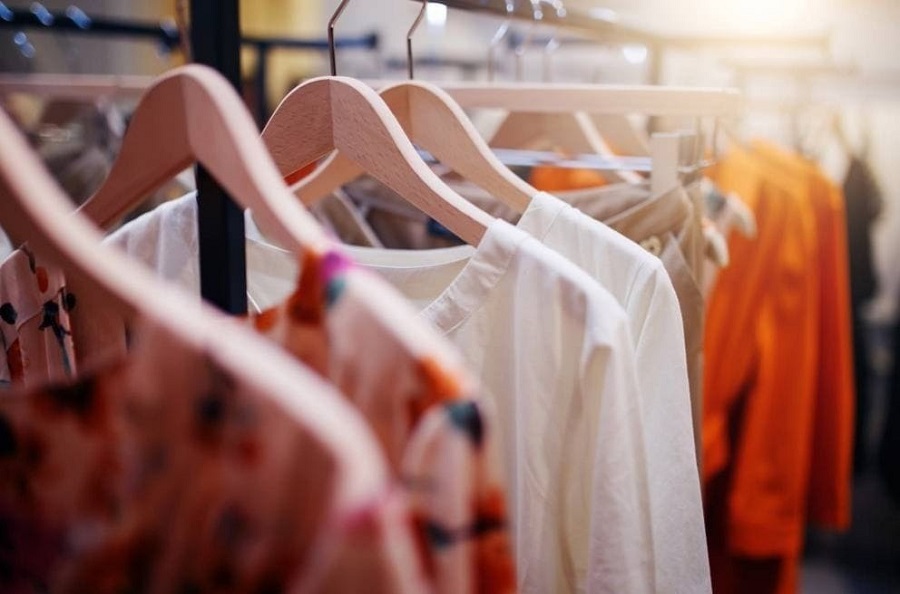RIO DE JANEIRO, BRAZIL – The last few weeks were eventful behind the scenes of major companies in the clothing market in Brazil. The traditional Cia. Hering, from Blumenau (SC), was offered to buy Arezzo&Co and the Soma Group.
After a number of setbacks, involving the refusal of an offer valued at R$3.3 billion (US$620 million) by Arezzo, it was the Soma Group, owner of brands such as Farm and Animale, which won the dispute, buying the company for R$5.1 billion.

With the merger, the country’s 4th largest fashion brand is born, a conglomerate with an accumulated turnover of R$2.3 billion, according to 2020 figures, the year in which fashion retailers suffered from the Covid-19 pandemic impacts.
“While Grupo Soma has a strong performance in the premium segment, with a vocation for the female public, Hering is very strong in the male market and adds a huge client base for Soma, since it is a more democratic brand and has a broader public profile,” says Alberto Serrentino, founder of Varese Retail consultancy.
The negotiation frustrated Arezzo, which has been investing heavily to diversify its revenue source. In October 2020, the group that offers women’s shoes with the brands Arezzo, Schutz, Anacapri and Alexandre Birman acquired men’s label Reserva, for R$715 million, thereby building a business with tremendous synergies. It is also worth noting that before that, in 2019, Magazine Luiza also decided to surf the clothing market and bought the Netshoes sporting goods website, for US$115 million.
However, some say that this move towards consolidation in Brazilian textile retail will have new chapters soon, as Renner, the largest company in this sector, has announced a subsequent stock offering whose value may exceed the R$6 billion mark. The company intends to use the funds to enhance its digitization process, build a distribution center and expand its physical stores, but not only that: the amounts may also be used for investments.
Although none of the parties have confirmed it, the market is speculating that the amount may be used for the purchase of Dafiti, a leader in fashion sales through digital channels in Brazil.
One can say that this new spotlight in fashion has digital transformation as one of its main goals. As Covid-19 hastened the transformation of consumer habits, such as encouraging online shopping, the major brands have invested in the online channel to seduce consumers. Recently, Flávio Rocha, chairman of the board of directors of the Guararapes Group, said that he intends to make from his fashion brand, Riachuelo, a major entertainment hub.
“There are 400 other brands and companies that we want to have in our ecosystem. Acting on the Internet is a win-win situation. It is not a solo game. You have to establish partnerships,” he said.
In this game, the website that promotes a greater variety of products and brands will win. With this thought, at the end of 2019, Arezzo launched its marketplace, ZZ Mall. But not only that. Taking advantage of the international brands’ departure from the country, even shopping malls, such as the Iguatemi and JHSF groups, decided to launch their marketplaces, betting on renowned retailers in the fashion industry.
“The Covid effect has boosted the digital transformation of businesses and led to a very large acceleration in the dominance of marketplaces, which are the ecosystems of online sales. Many companies, to gain weight and accelerate this agenda, eventually go to the market in search of acquisitions that make sense and create recurrence in the sale of products, which is what every retailer is after, in the end,” adds Serrentino.
Source: Veja

